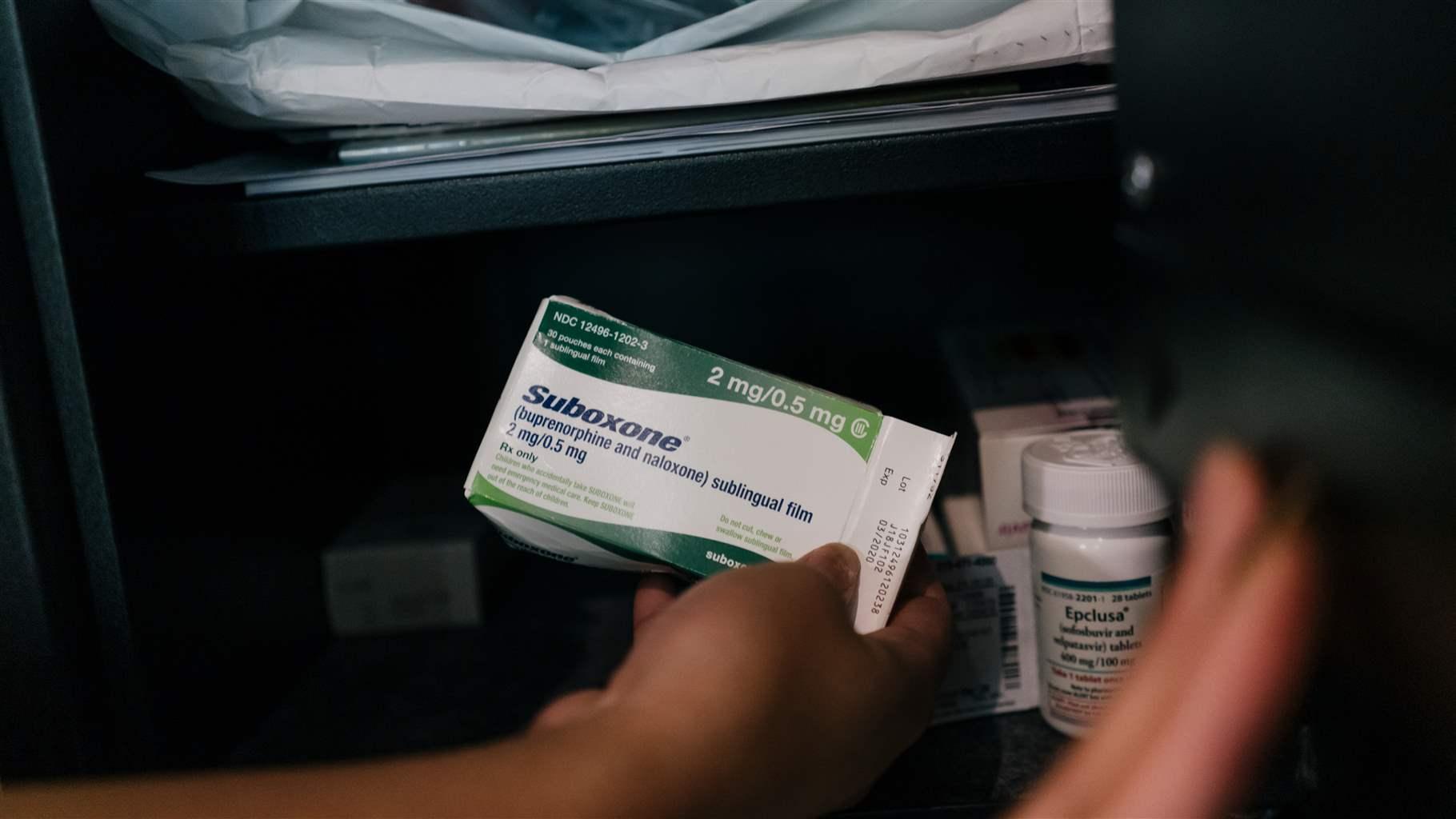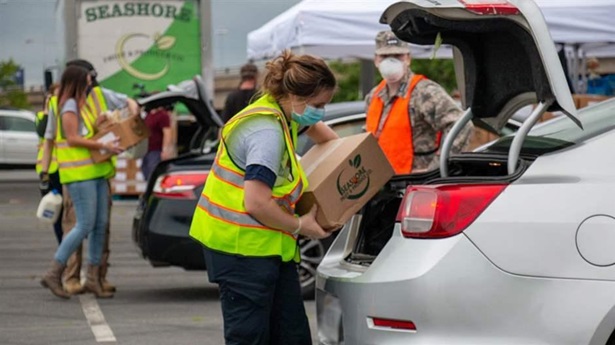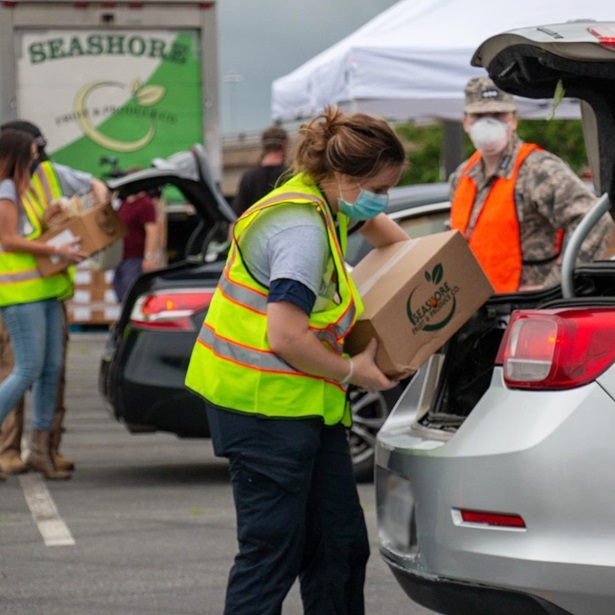How Pew Is Helping to Address Philadelphia’s Pandemic-Intensified Opioid Crisis
Amid rising overdoses, research and grant-making efforts aim to boost access to effective treatment and reduce deaths

Even before the pandemic, Philadelphia was among the cities hardest hit by the nation’s opioid problem. In 2019, the city recorded 1,150 deaths from drug overdoses, with 80% of them attributed to opioids. And city health officials say they expect the 2020 death toll to be higher because of COVID-19, a trend that has already been confirmed nationally.
In recent years, The Pew Charitable Trusts has worked to reduce the misuse of opioids and expand access to effective treatment in Philadelphia—and throughout the country—through local and national policy work focused on increasing the use of medication for opioid use disorder (MOUD), formerly known as medication-assisted treatment. This gold standard of care relies on Food and Drug Administration-approved medicines, including methadone, buprenorphine, and naltrexone, which are proven to effectively treat opioid use disorder (OUD), and saves lives.
In normal times, people suffering from substance use disorders, including OUD, face challenges related to social stigma and treatment access. Since last March, these challenges have intensified for many individuals because of social isolation, job losses, and other stresses brought on by the pandemic. And those problems are complicated by reduced access to in-person care, a result of necessary social distancing and other safety measures.
To address some of these issues, in addition to ongoing research and policy work, Pew is focusing on grant support to help providers in Philadelphia adjust their services so they can continue to offer effective programs to clients during the pandemic, including people dealing with substance use disorders.
For example, last June, the Pew Fund for Health and Human Services announced a $250,000 grant to Prevention Point Philadelphia, which serves residents with complex medical and behavioral health needs, including people experiencing substance use disorders and homelessness. Pew’s support is helping the organization expand its capacity to meet changing community needs.
Based in Kensington, the epicenter of the city’s opioid crisis, Prevention Point provides almost 15,000 people a year with access to MOUD and other medical and social services, including housing, meals, and a place to receive mail, from its main location and from mobile units that travel throughout the city. But COVID-19 safety measures and quarantine guidelines have forced the organization to rethink its normal service delivery models and implement new practices to continue to provide critical support to clients.
For instance, clinic-based programs have shifted to providing telehealth consultations to protect both staff and clients, which has required Prevention Point to provide free or low-cost phones to some clients to ensure that everyone has access. The organization has also taken advantage of new, more flexible federal rules for prescribing treatment and can now offer a longer-term amount of medication, using telehealth, to reduce the need for clinic visits while still offering medical services as needed through its mobile units. Previously, prescribing rules would have required an in-person exam and only allowed for a small amount of medication to be taken home at a time.
Prevention Point’s headquarters continues to offer in-person, socially distanced case management services through its drop-in center. It also provides two meals a day to more than 600 people, six days a week, from an outdoor space near the building through a partnership with the city’s Step Up to the Plate initiative, which was formed to respond to pandemic-related increases in demand for food.
Responding to the COVID-19 pandemic and its impact on people dealing with OUD and other complex needs has presented many challenges. But there are lessons to be learned from providers such as Prevention Point that have been able to quickly adjust their programs to continue to ensure access to effective treatment and related services. This is why Pew’s Philadelphia research and policy initiative and its substance use prevention and treatment initiative will continue to assess the availability of MOUD in Philadelphia and other jurisdictions.
The goal is to identify practices and policies that have been effective in increasing the availability of and access to treatment, especially during the pandemic, in order to provide evidence-based policy recommendations. Along with the Pew Fund’s support for organizations such as Prevention Point, Pew plans to work to expand access to critical services and to reduce overdose deaths for people with OUD during this very difficult time.
Elinor Haider is the director of the Philadelphia research and policy initiative and Kristin Romens is the project director of the Pew Fund for Health and Human Services in Philadelphia.












